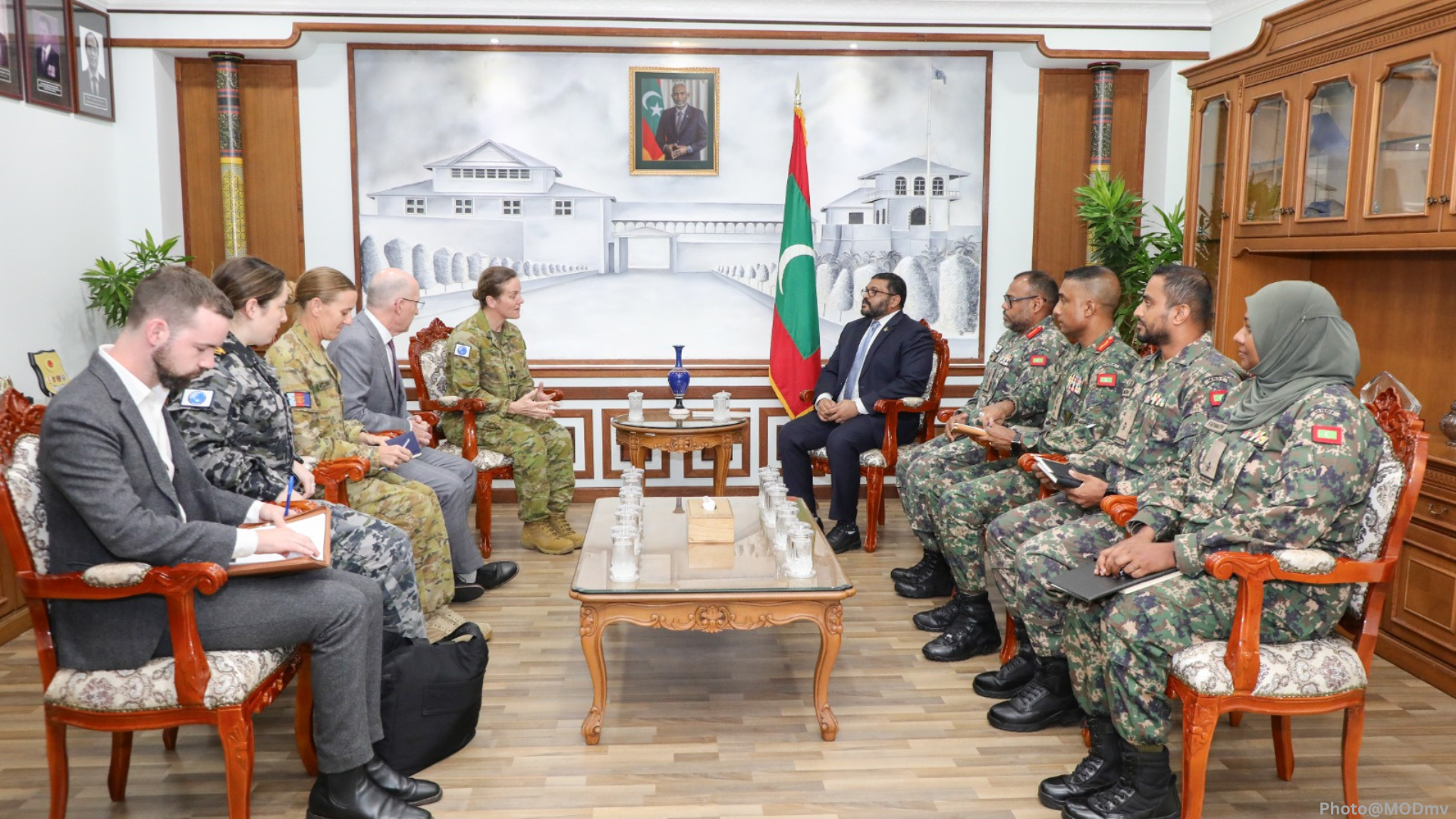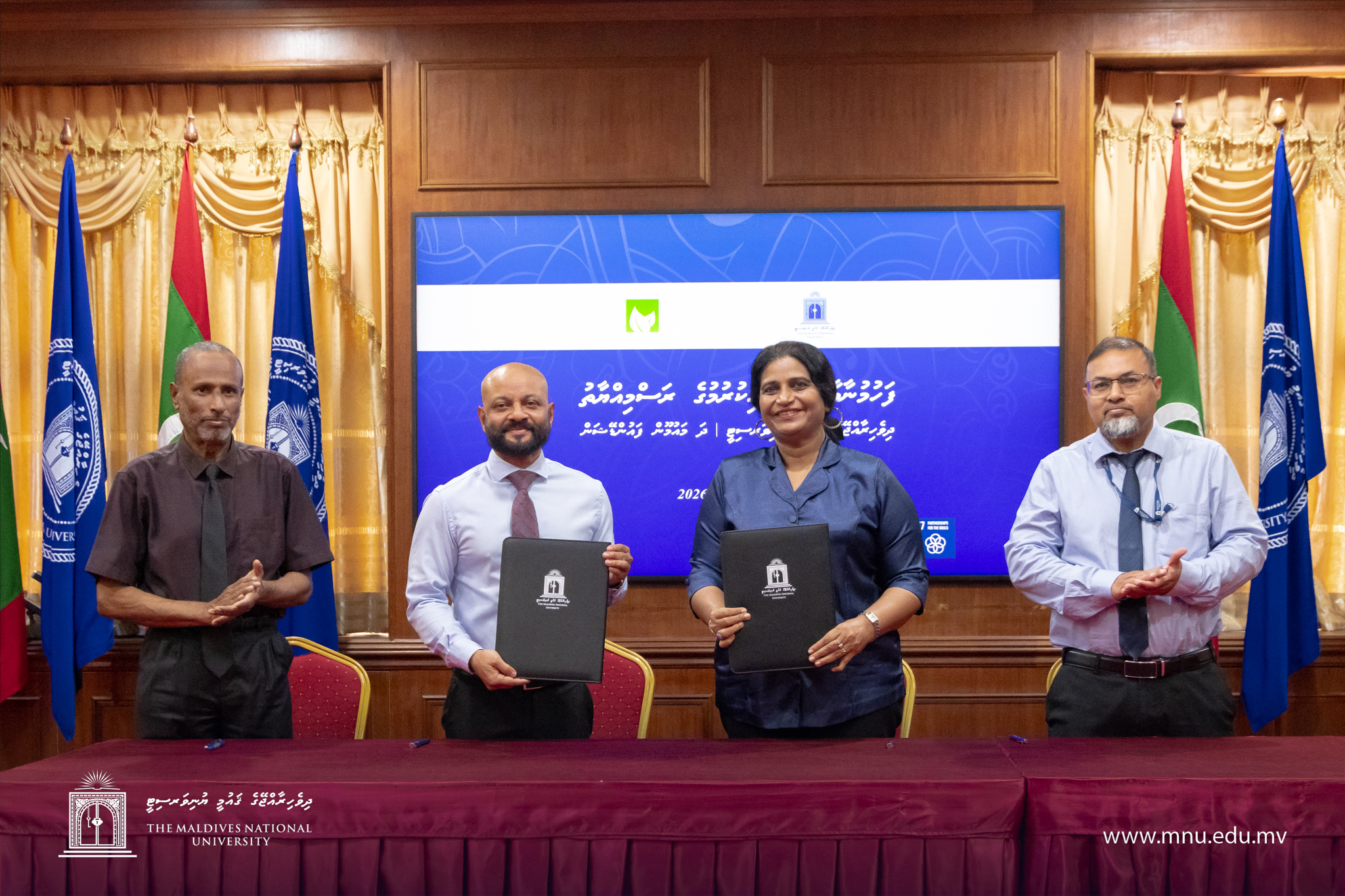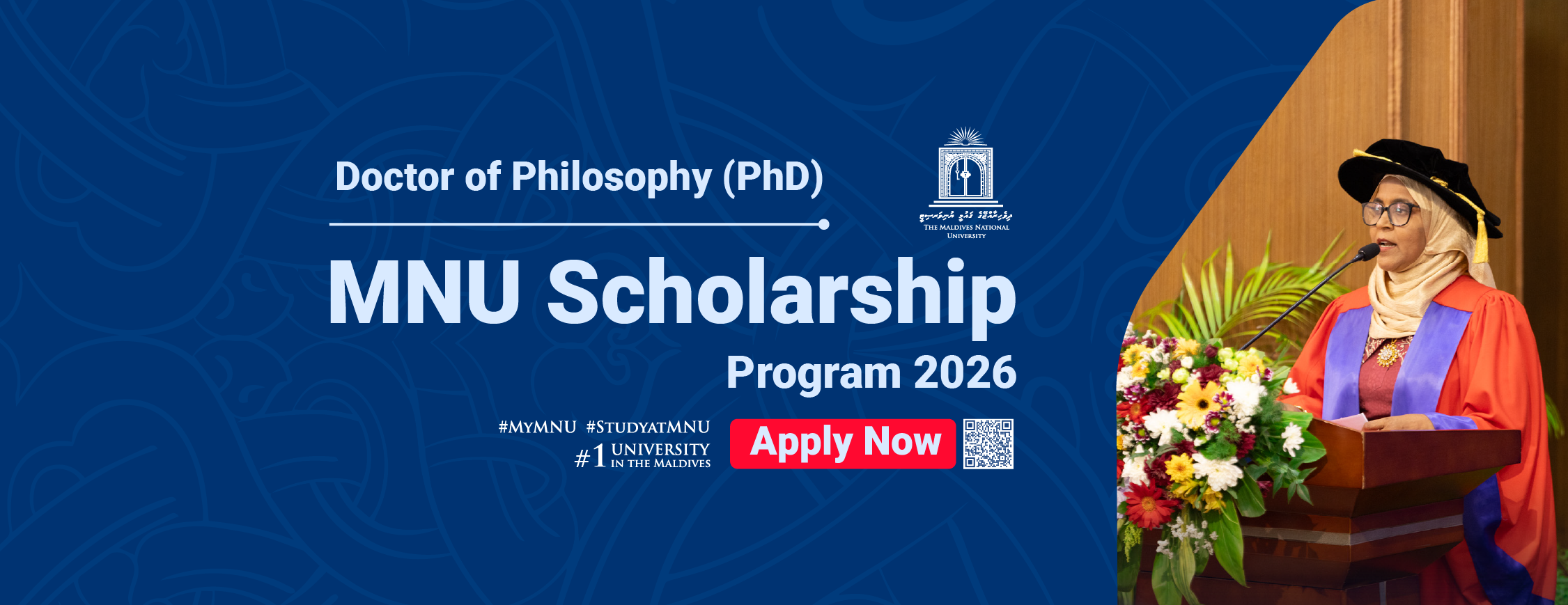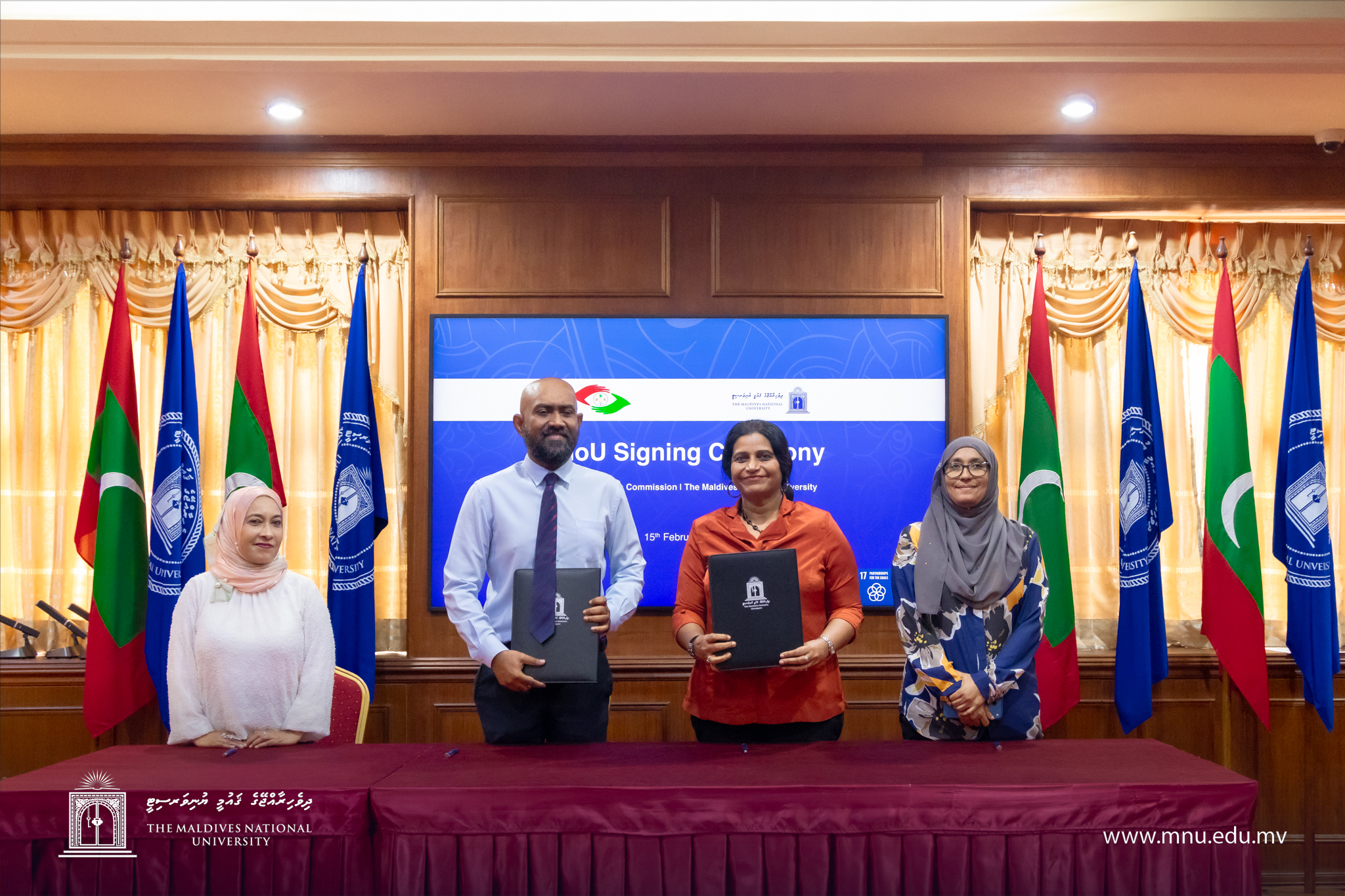MNDF & Australian Defence Force commence Indo Pacific Endeavour 2025 in Maldives, focused on human capital, knowledge sharing, faith-based engagements.
Introduction
Maldives has been visited by the Australian military under the Indo-Pacific Endeavour (IPE). This year marks the advancement of military-to-military engagement between the two countries, reflecting a growing strategic alignment in the Indian Ocean region.
The idea of IPE is to promote joint operations in the Pacific and Southeast Asia—such as Exercise Alon in the Philippines and engagements in Vietnam and Bangladesh—which demonstrate Australia’s outward projection of defence and military strategy under the 2024 Defence Strategy. The 2025 IPE mission engaged in countries across Southeast Asia and the Northeast Indian Ocean, including Bangladesh, Brunei, Cambodia, Indonesia, Laos, Malaysia, Maldives, the Philippines, Singapore, Sri Lanka, Thailand, Timor-Leste and Vietnam.
The announcement of the Guardian-class Patrol Boat to Maldives in 2025 illustrates one of the many defence engagements stretching across the Indian Ocean small states. Australia’s IPE visits are reciprocal in nature, fostering intersubjectivity and local-level connectivity with Maldives. These engagements promote shared understanding and support a rules-based order for a free and open Indo-Pacific. Moreover, Australia’s broader strategic vision of inclusive regional partnerships aligns with Maldives’ efforts in building interoperability in the maritime security operations.
Small States in the Traditions of IR
What would India, as the largest security actor of the Indian Ocean, view of Australia’s increasing engagements with Maldives on the strategic front?
Maldives appears to show a level of agency in navigating national interest—for example, in climate adaptation, sustainable development, and diplomacy—in global policy making. Regionally, by shifting foreign investment priorities between India and China, the country has demonstrated a level of reliance on domestic influence in foreign policy choices despite big power politics. In IR, domestic narratives formed by a country’s interaction with threats or opportunities can drive foreign policy and security thinking. If climate adaptation is integral to security, then development—i.e., building reclaimed lands—for sustainability can mean more to shape foreign partnerships.
For example, Maldives’ major connections with China’s Belt and Road Initiative (BRI) illustrate this—i.e., the Maldives-China Friendship Bridge, expanding the international airport, and reclaiming lands for residential housing require funds, and those funds can come from any partnership. China or India is not seen as a partner to merely meet a traditional security need. That is why how a relationship could undermine traditional security arrangements might not be obvious at first. When realised—due to pressure from traditional partners, e.g., India not being happy with Maldives-China ties—it can alter strategy for foreign partnerships. This can create opportunities for like-minded countries like Australia to enhance cooperation. As part of the QUAD—the Quadrilateral Security Dialogue—Australia will fit as India’s preferred partner to bolster military engagements with Maldives.
Australia–Maldives Strategic Relations
Australia and Maldives established diplomatic relations in 1974. Traditionally, Australia has aided Maldives in development, including higher education training and climate adaptation initiatives—the 2022-23 budget estimate for Australian Official Development Assistance to Maldives is AUD$2.8 million.
Australians see the Maldives as a great surfing destination. Connecting with islands comes naturally for Australians—the High Commissioner in Maldives travels to local islands, building connections with local authorities and communities. Many Maldivians studying in Australia promote mutual people-to-people connectivity.
Defence and security were secondary earlier in cooperation—naturally, for the Maldives too. Now, in a time when a level of militarisation has been apparent, with geostrategic competition between great powers drawing Maldives into their security arena, strategic decisions are more critical. Strategically, it would make sense for Maldives to choose partners for military relations. However, it is even better if the country could build a level of interoperability with regional security actors so that it can maintain a level of control over activities and lead joint operations in its territory—the Guardian-class Patrol Boat can strengthen the Maldives National Defence Force (MNDF) Coast Guard capabilities to navigate regional missions.
Traditionally, via DOSTI, Maldives and Sri Lanka form interoperability with India in maritime security—for example, sharing of data and conducting joint exercises could inherit a level of control over local contexts. Strengthening the military aspects of security is a key aspect of the defence policy priority. For example, the launching of Turkish tactical drones and a Doğan-class fast attack craft is indicative of this shift.
In these respects, Australia’s contribution comes as part of its Indo-Pacific efforts. The Guardian-class Patrol Boat will enhance its maritime surveillance and enforcement capabilities, supporting its ability to deter, detect, and disrupt illegal maritime activities across its vast Exclusive Economic Zone (EEZ).
The Indo-Pacific Endeavour Programme
IPE began in 2017 and has evolved into a flexible, tailored programme that strengthens partnerships through military cooperation, joint training, and cultural exchange.
In Maldives, IPE has included a wide range of activities:
- Search-and-rescue workshops led by the Australian Maritime Safety Authority.
- Faith-based engagements, such as Royal Australian Navy Chaplain Imam Majidih Essa leading televised Friday prayers and mental health sessions with MNDF personnel.
- Indigenous music collaborations, with RAAF Flight Lieutenant James Evans performing alongside MNDF musicians using traditional instruments.
- Sea Training Group exchanges, where Australian trainers worked with the crew of CGS Shaheed Ali to enhance operational readiness.
- Deployment of a P-8A Poseidon aircraft for maritime surveillance demonstrations and static displays for MNDF and government officials.
Commander IPE Brigadier Jennifer Harris hosted a gender, peace and security forum in Malé, while Australian Defence Adviser Colonel Amanda Johnston led workshops on workforce modelling and military justice. These engagements reflect a holistic approach to defence diplomacy, integrating human capital development with strategic maritime cooperation.
Vice Admiral Justin Jones AO, CSC, RAN, Chief of Joint Operations, stated:
“IPE25 is a clear demonstration of Australia’s commitment to openness, transparency, and respect for sovereignty; with activities that are safe, professional, and reflect current security and defence issues.
“Through IPE engagements, we are strengthening our people-to-people and inter-agency relationships within our region, achieving a common understanding of shared security challenges.”
Conclusion
IPE has expanded beyond its initial Pacific and Southeast Asian focus to include strategic engagements with Indian Ocean small states like Maldives. For Maldives, these engagements offer opportunities to enhance maritime security, diversify defence partnerships, and assert its agency in regional and global affairs. As the Indo-Pacific continues to emerge as a central arena of geopolitical contestation, the Australia–Maldives relationship stands as a model of inclusive, mutually beneficial security cooperation.
Author
Dr Athaulla A Rasheed is the Head of Centre at the Centre for Security and Strategic Studies at The Maldives National University. A former foreign service officer and diplomat at the Ministry of Foreign Affairs, Maldives, Athaulla also holds two PhDs in international and strategic studies, and political science from ANU and the University of Queensland, Australia.





